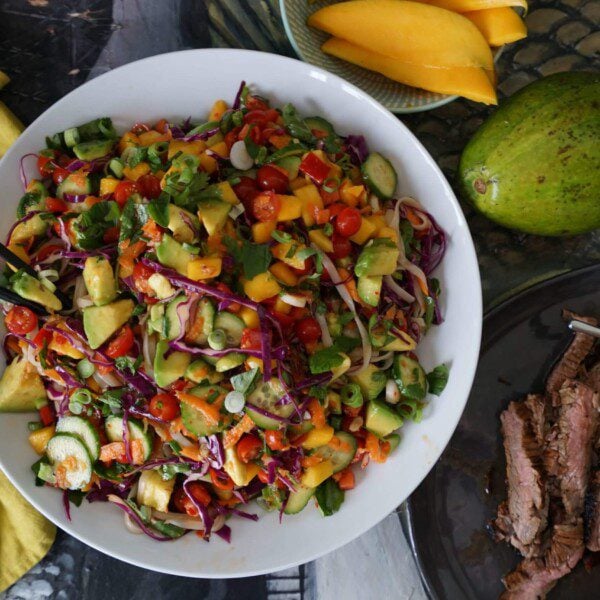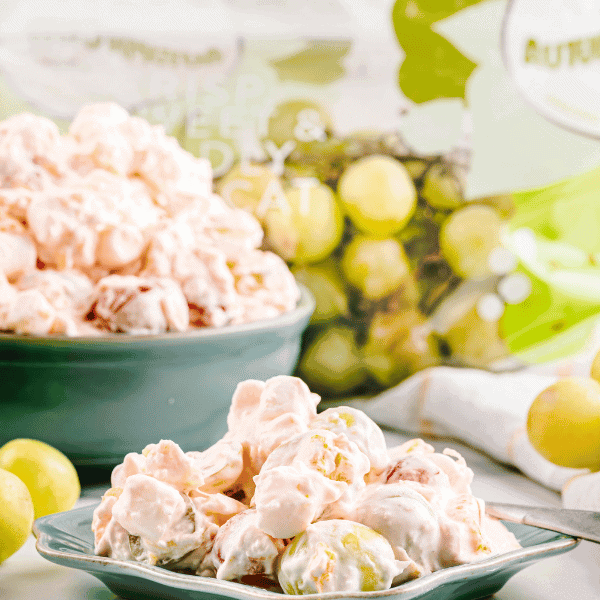How to Select Coconuts
- When selecting a coconut, do the shake test. You should hear some liquid sloshing around inside the coconut. A lot of liquid indicates a younger coconut with less meat. Less liquid indicates a more mature coconut with more meat. Choose whichever you desire but avoid coconuts that do not make any sloshing sounds.
- Avoid coconuts that are damp, cracked, or show signs of mold.
When are Coconuts in Season?
Coconut is a tropical fruit harvested year-round in tropical regions, with peak seasons varying depending on the location. It’s worth noting that the coconut fruit takes around 12 months to mature, so it can be harvested throughout the year. So you’ll want your coconut to be fully mature. A fully mature coconut is heavy for its size, has a thick husk, and sounds full of water when shaken.
Varieties of Coconuts
With almost 20 varieties of coconut imported into the US each year, the available varieties will depend on where you live. The most common coconuts that you’ll find at the grocery store or farmer’s market include:
- King Coconut: This variety is known for its large size and sweet, refreshing water and is commonly consumed as a drink. The flesh is also sweet and can be eaten.
- Nadia Coconut: This variety is known for its hard shell and sweet, tender meat. Commonly used to make coconut milk, oil, and other coconut-based products.
- Malayan Coconut: This variety is known for its thick, fibrous husk and medium-sized yellow shells. It is mainly grown in Malaysia and has a sweet flavor.
- Dwarf Coconut: This variety is known for its small size and green shells. These coconuts have more water than meat and are used in many products.
- West Coast Tall Coconut: This variety is known for its tall stature and has more oil than other coconut varieties. These trees produce more coconuts than other varieties.
Coconuts Nutrition Facts & Benefits
A refreshing tropical fruit, coconut has many health benefits:
Nutritional Facts
Serving size: 1 cup coconut meat
Approximate 283 calories
- 27 grams of fat
- 3 grams of protein
- 14 grams of carbohydrates
- 3 grams of natural sugar
- 9 grams of fiber
Health Benefits
A few main health benefits of coconuts:
- Coconuts are low carb and high in healthy fats. When balancing your macros, coconut is a great fat to eat.
- Swishing coconut oil can prevent bacteria and has antimicrobial properties.
- Swapping your normal oils for coconut oil can help reduce your blood sugar levels.
How to Store Coconuts
How To Store Fresh, Unopened Coconut: Store fresh, unopened coconut at room temperature for up to four months.
How To Store Fresh Coconut Meat: Store fresh coconut meat in an airtight container in the refrigerator for up to four days.
How To Freeze Coconut: Remove the husk and drain the liquid. Grate or cut into chunks and place it in an airtight container or freezer bag. Freeze for up to 6 months.
Click here for instructions on how to open a coconut.
How to Prepare Coconuts
The best ways to prepare and enjoy coconuts:
- Raw: Eating fresh coconut is a great way to enjoy its natural sweetness and flavor. Simply crack open the coconut, scoop out the meat and enjoy it as a snack or use it in desserts and smoothies.
- Milk: Coconut milk is a popular ingredient in many dishes, particularly South Asian and Southeast Asian cuisine. To make coconut milk, blend the grated coconut meat with water, strain it, and then use it in various dishes.
- Oil: Coconut oil is a versatile ingredient used for cooking, baking, and even as a moisturizer for the skin and hair. To make coconut oil, extract it from the grated coconut meat by simmering it in water and then straining it.
- Dried: Dried coconut is a great way to enjoy coconut all year round. To dry the coconut, grate the meat and spread it on a baking sheet. Place it in an oven set to the lowest temperature and dry it until it becomes dry and brittle.


